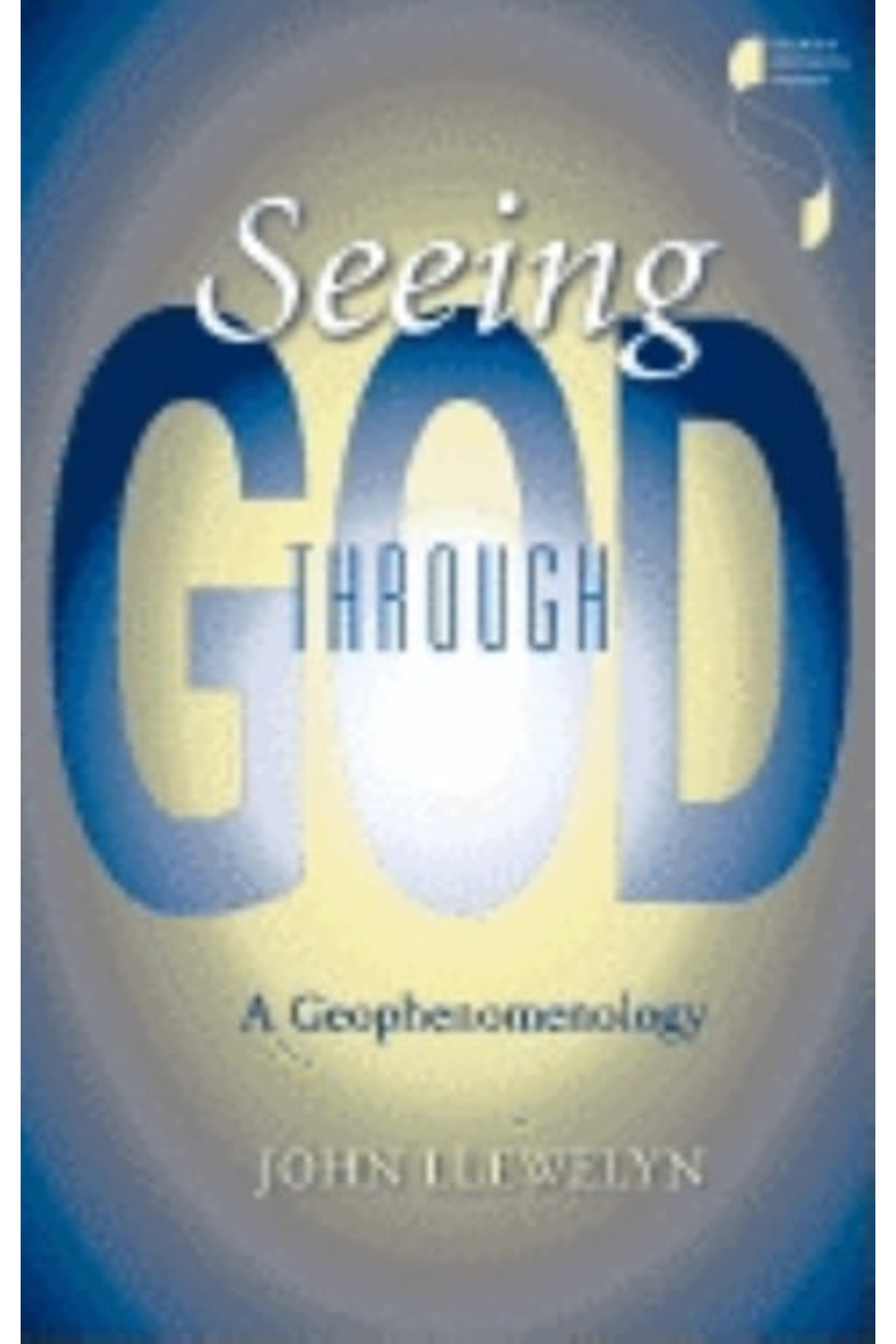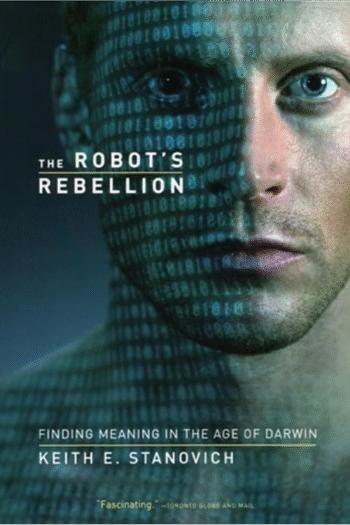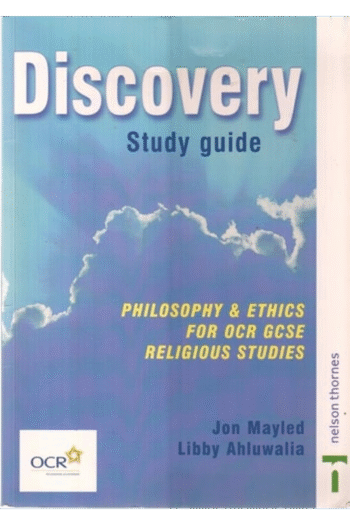Explore the intersection of philosophy, religion, and environmentalism in John Llewelyn’s “Seeing Through God: A Geophenomenology.” This thought-provoking work challenges traditional notions of a transcendent God, examining how Western scientific approaches and Eastern spiritual practices converge in shaping our understanding of the world. Llewelyn, a key figure in environmental phenomenology, delves into themes of salvation, environmental responsibility, and the role of imagination, urging a new ethical framework for our relationship with the Earth. Discover a unique perspective on seeing, observing, and imagining in this insightful study, published by Indiana University Press as part of its Studies in Continental Thought series. Perfect for readers interested in philosophy, religion, and environmental studies, “Seeing Through God” offers a fresh lens on the human condition and our place in the world.
Seeing Through God: A Geophenomenology (Studies in Continental Thought)
16.76 $
In stock
Playing on the various meanings of Seeing Through God, John Llewelyn explores the act of looking in the wake of the death of the transcendent God of metaphysics. Taking up strategies developed by the Western sciences for seeing and observing, he finds that the so-called tough-minded practices of the physical sciences are very much at home with the so-called tender-minded practices of Eastern religions. Instead of opposing East and West, Llewelyn thinks that blending these spheres leads to a better understanding of aesthetic experience and imagination. In this blending, he presents a phenomenological description of the imagination and the ethical and religious dimensions of the act of imagining. Seeing Through God touches on themes of salvation, the preservation of the environment, and the role of God in our temptation to dishonor the earth. This unique book presents Llewelyn as one of the leading interpreters of the environmental phenomenology movement.
| Authors | |
|---|---|
| Binding | |
| Condition | |
| ISBN-10 | 0253216397 |
| ISBN-13 | 9780253216397 |
| Language | |
| Pages | 216 |
| Publisher | |
| Year published | |
| Weight | 331 |
Related products
The Legacy
11.86 $
- Additional information
- Currencies
- USD – United States dollar
- EUR – Euro
- GBP – Pound sterling
- CNY – Chinese yuan
- BRL – Brazilian real
- MXN – Mexican peso
- JPY – Japanese yen
- PHP – Philippine peso
- THB – Thai baht
- PLN – Polish złoty
- CAD – Canadian dollar
- MYR – Malaysian ringgit
- AUD – Australian dollar
- TWD – New Taiwan dollar
- CZK – Czech koruna
- SEK – Swedish krona
- HUF – Hungarian forint
- ILS – Israeli new shekel
- CHF – Swiss franc
- HKD – Hong Kong dollar
- DKK – Danish krone
- SGD – Singapore dollar
- NOK – Norwegian krone
- NZD – New Zealand dollar





